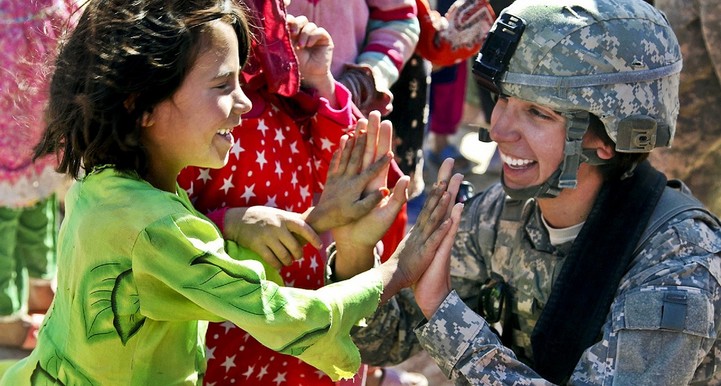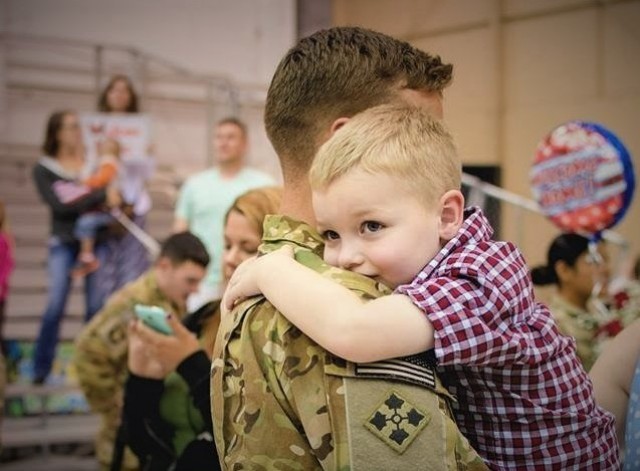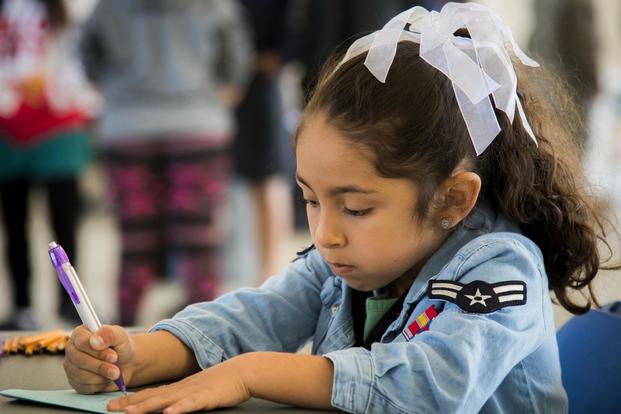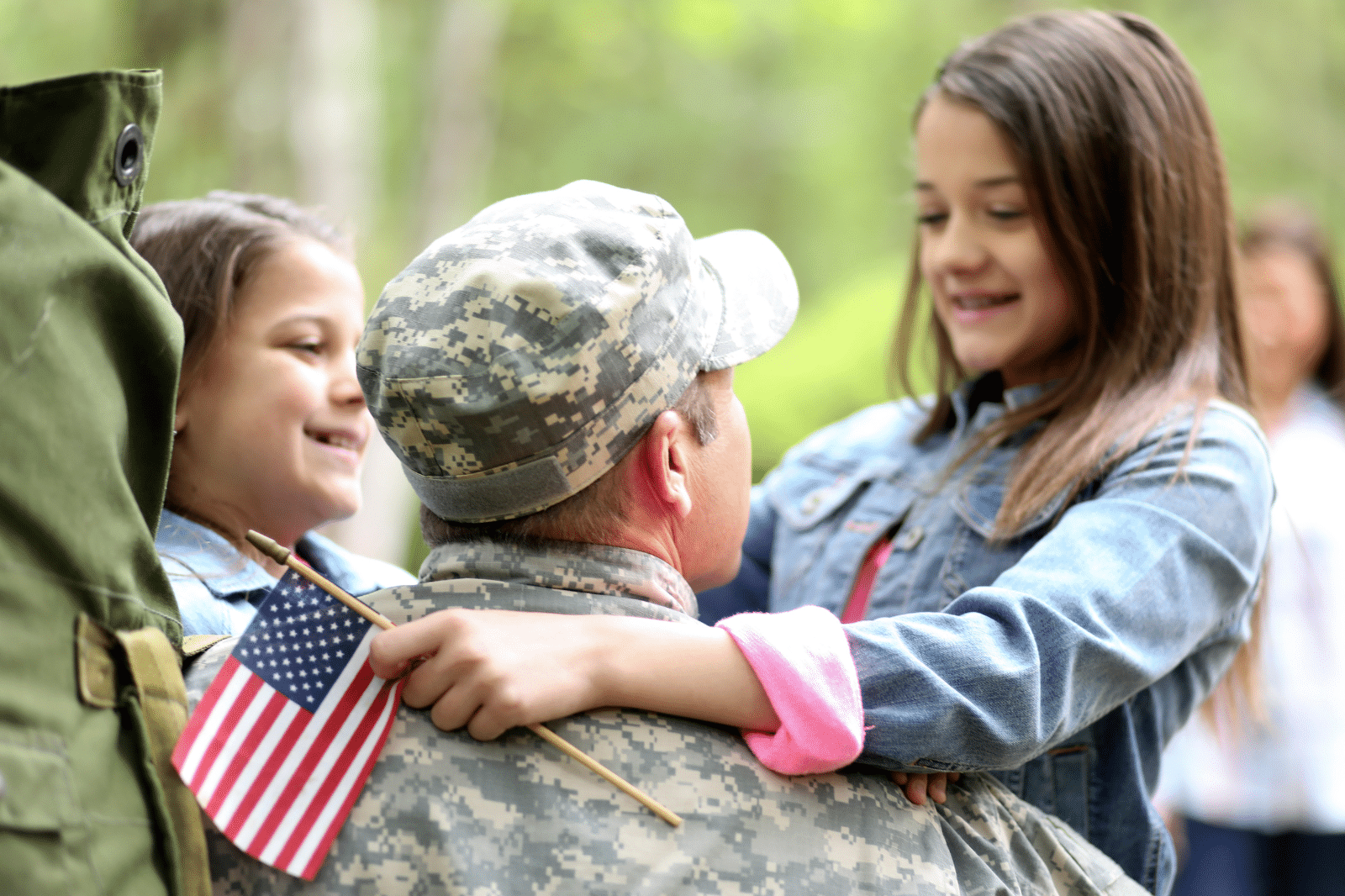Why Do Military Kids Need Special Coping Strategies?
Military kids need special coping strategies as they face challenges like frequent moves, deployment anxiety, and disrupted social connections. These unique situations can impact their emotional well-being significantly. By learning and applying coping strategies, children can build resilience and adapt more effectively to the demands of military life. These strategies not only provide stability and security during tough times but also empower kids to express their emotions and navigate relationships better. Supporting military children through these challenges is essential, and having a toolkit of coping mechanisms can make a substantial difference in their well-being and ability to thrive.
Key Takeaways
- Frequent moves disrupt stability and friendships.
- Deployment anxiety impacts emotional well-being.
- Unique challenges require tailored coping mechanisms.
- Resilience-building aids in adapting to military life.
- Special strategies foster emotional stability and well-being.
Unique Challenges of Military Life

Growing up in a military family presents unique challenges that require special coping strategies. One of the key difficulties faced by military kids is the constant need to adapt to new environments due to their family’s frequent moves. These frequent relocations can disrupt friendships and create feelings of isolation. Additionally, deployment anxiety can weigh heavily on children as they worry about their parent’s safety while they’re away serving their country.
Community support plays an important role in helping military children navigate these challenges. Schools that understand the unique needs of military families can provide a sense of stability during changes and offer resources to support the emotional well-being of the children.
Building a strong support network within the military community can also help kids feel connected and understood.
Impact on Emotional Well-Being

Military life can bring about unique emotional challenges for you as a military kid. However, there are support systems available to help you navigate these difficulties.
Developing resilience-building strategies can empower you to cope effectively with the impact on your emotional well-being.
Emotional Challenges Faced
How do emotional challenges impact the well-being of military kids?
Children of service members often face unique emotional hurdles due to factors like parental deployment and frequent school changes. The absence of a deployed parent can lead to feelings of loneliness, anxiety, and insecurity.
Coping with the constant adjustments in schools can also contribute to emotional distress, as military kids may struggle to adapt and form stable peer relationships. These challenges can result in social isolation, making it harder for them to establish a sense of belonging and connection.
Research shows that military children are more likely to experience emotional difficulties compared to their civilian counterparts. It’s important to acknowledge and address these emotional challenges promptly to support the well-being of military kids.
Providing them with resources to help navigate their emotions, fostering a sense of community and understanding, and encouraging open communication can all play a significant role in helping them cope effectively. By recognizing and addressing these emotional hurdles, we can better support the mental health and overall well-being of military children.
Support Systems Available
To help military kids navigate the emotional challenges they face, it’s important to understand the support systems available that can positively impact their well-being. Parental involvement plays a pivotal role in providing stability and a sense of security for children in military families. By being actively engaged in their children’s lives, parents can create a supportive environment that fosters emotional resilience.
Community resources also play a significant role in offering additional support to military kids. These resources can range from counseling services to recreational programs specifically designed to address the unique needs of children in military families.
School support is essential in providing a consistent and nurturing environment for military kids. Educators can offer understanding and flexibility to help these children cope with the challenges they face.
Furthermore, engaging in therapeutic activities such as art therapy, music therapy, or outdoor activities can be beneficial for military kids in processing their emotions and developing coping strategies. These activities provide a safe space for children to express themselves and work through their feelings in a constructive manner.
Resilience-Building Strategies Needed
Effective resilience-building strategies are essential for enhancing the emotional well-being of military kids facing unique challenges associated with their family’s service. Military life can be unpredictable and demanding, impacting children in various ways.
Encouraging self-care practices is important for helping military kids navigate these challenges. Simple activities like journaling, engaging in hobbies, or spending time in nature can provide much-needed emotional support.
Stress management techniques play a significant role in helping military kids build resilience. Teaching children relaxation exercises such as deep breathing or mindfulness can help them cope with stressors more effectively. Additionally, maintaining a routine and ensuring adequate rest are necessary for emotional well-being.
Providing a safe space for children to express their feelings openly and without judgment can also aid in developing resilience.
Importance of Coping Strategies
Coping strategies play an essential role in helping military kids navigate the unique challenges they face. Growing up in a military family can bring about frequent relocations, parental deployments, and the stress of uncertainty. In such circumstances, having effective coping mechanisms becomes pivotal for these children.
Emotional support plays a significant role in assisting military kids in managing their feelings and reactions to the challenges they encounter. By utilizing coping strategies, such as seeking support from friends or counselors, engaging in physical activities, or practicing mindfulness, military children can develop resilience and better adapt to the demands of their lifestyle.
These coping mechanisms provide a sense of stability and security amidst the disruptions that military life can bring. Encouraging the use of these strategies empowers military kids to express their emotions, build healthy relationships, and navigate the changes that come with being part of a military family.
Enhancing Mental Health

You may encounter mental health challenges as a military child, but there are resilience-building techniques that can help you navigate these obstacles.
By developing coping strategies and seeking support from trusted individuals, you can enhance your mental well-being and adaptability.
Mental Health Challenges
When facing mental health challenges, military children can benefit from utilizing tailored coping strategies to enhance their overall well-being. Coping mechanisms play an essential role in helping military kids navigate the unique stressors they may encounter.
Encouraging healthy outlets for stress relief, such as physical activity, creative expression, or mindfulness practices, can provide children with effective tools to manage their emotions.
Emotional regulation is another key aspect of supporting military children’s mental health. Teaching kids techniques to identify and express their feelings in a healthy way can prevent emotional overwhelm and promote psychological well-being.
Providing access to psychological support through counseling or therapy can offer children a safe space to process their experiences and develop resilience in the face of challenges.
Resilience-Building Techniques
To enhance the mental health of military children, implementing resilience-building techniques is essential for equipping them with the necessary skills to thrive in challenging circumstances. Mindfulness practice is a powerful tool that can help children develop self-awareness, regulate their emotions, and cope with stress effectively. By teaching military kids mindfulness techniques such as deep breathing exercises and body scans, they can learn to stay grounded amidst uncertainty and change.
Positive affirmations are another valuable resilience-building technique that can boost a child’s self-esteem and confidence. Encouraging military children to practice daily affirmations like ‘I am strong,’ ‘I am resilient,’ and ‘I can overcome any challenge’ can reinforce a positive self-image and mindset. Research has shown that regularly practicing positive affirmations can rewire the brain to focus on strengths and possibilities rather than limitations.
Building Resilience

Developing strong coping mechanisms is essential for military kids to navigate the unique challenges they face, with building resilience being a vital component in their emotional well-being. Resilience development is pivotal in fostering emotional stability and providing a foundation for coping with the uncertainties that come with the military lifestyle.
By honing coping skills and mental strength, military children can better adapt to frequent relocations, deployments of family members, and the overall unpredictability that characterizes their environment.
Research indicates that resilient military kids tend to have a more positive outlook, higher self-esteem, and better social relationships. Building resilience involves nurturing a mindset that embraces change, uncertainty, and adversity as opportunities for growth rather than insurmountable obstacles.
Encouraging children to develop problem-solving skills, fostering a strong support network, and promoting open communication are all strategies that contribute to resilience-building.
Remember that resilience isn’t about avoiding stress or difficult situations but rather about developing the capacity to bounce back and thrive despite adversity. By fostering resilience in military children, we empower them to face challenges with courage and optimism, ultimately enhancing their well-being and ability to navigate the unique demands of their upbringing.
Supporting Through Adversity
During challenging times, offering consistent emotional support is essential for helping military kids navigate adversity with resilience and strength.
Parental deployment can be a significant source of stress for children in military families. It’s important for parents, teachers, and community members to provide a stable and understanding environment to help them cope with the absence of a deployed parent.
Peer relationships play a critical role in the lives of military kids. Encouraging positive friendships and fostering a sense of belonging within their peer groups can provide much-needed support during tough times.
School changes, which are common for military families, can also add to the stress these children face. Schools and educators should be aware of the unique challenges military kids may encounter during changes and offer additional support when needed.
Community support is invaluable in helping military kids navigate adversity. By coming together as a community to offer understanding, empathy, and resources, we can create a strong support system that helps these children thrive despite the challenges they may face.
Frequently Asked Questions
How Does Deployment Affect Military Children’s School Performance?
Deployment can disrupt your routine, impacting school performance. Academic challenges arise due to stress and worry. Emotional well-being may suffer, affecting focus and motivation. Social interactions can change, but support systems are essential for coping.
What Resources Are Available for Military Kids Dealing With Frequent Relocations?
When military kids face frequent relocations, they can access counseling services for mental health support. Support groups offer a sense of community, and educational resources help ease changes. These resources provide crucial assistance during challenging times.
Can Military Children Suffer From Feelings of Isolation and Loneliness?
You may experience feelings of isolation and loneliness as a military child. Building social connections, utilizing communication strategies, seeking peer support, and prioritizing mental health can help you cope and thrive through the challenges of frequent relocations.
Are There Specific Coping Techniques Tailored for Military Children?
You need to prioritize parental involvement and emotional support for military children. Encourage school counseling and foster strong peer connections. These tailored coping techniques help them navigate unique challenges and build resilience in the face of adversity.
How Can Non-Military Parents Best Support Their Children During Deployments?
During deployments, offer emotional support by reassuring your child, encourage open communication to address feelings, establish a routine for stability, and maintain regular contact with deployed family members. Your presence and understanding make a difference.
Conclusion
To sum up, military kids face unique challenges that can impact their emotional well-being. By implementing special coping strategies, they can enhance their mental health, build resilience, and navigate through adversity more effectively.
It’s important to provide support and understanding to help these children thrive in the face of the challenges that come with military life. Remember, with the right strategies and support, military kids can overcome obstacles and grow stronger.

Chad Adan Kace, a young dad from Vermont, shares his parenting journey with a touch of humor and lots of love. Father to a lively baby, he explores the joys and challenges of fatherhood through his stories.







